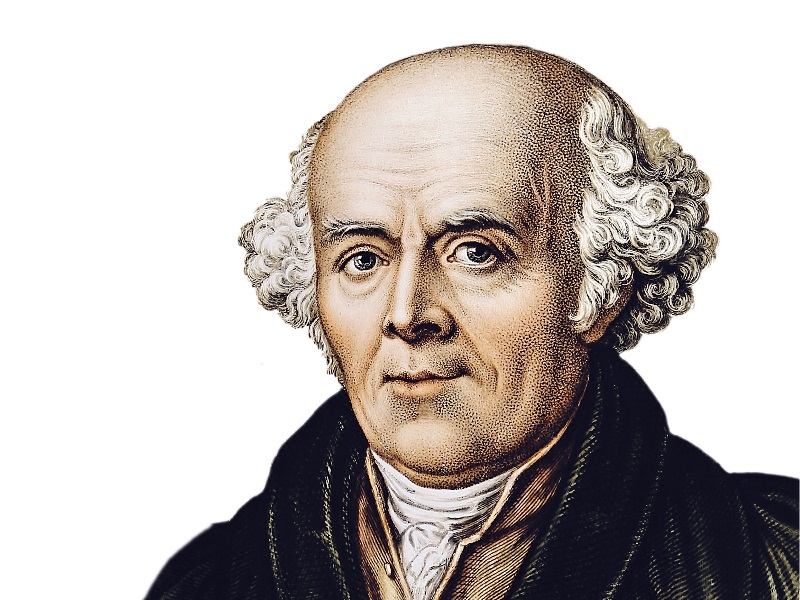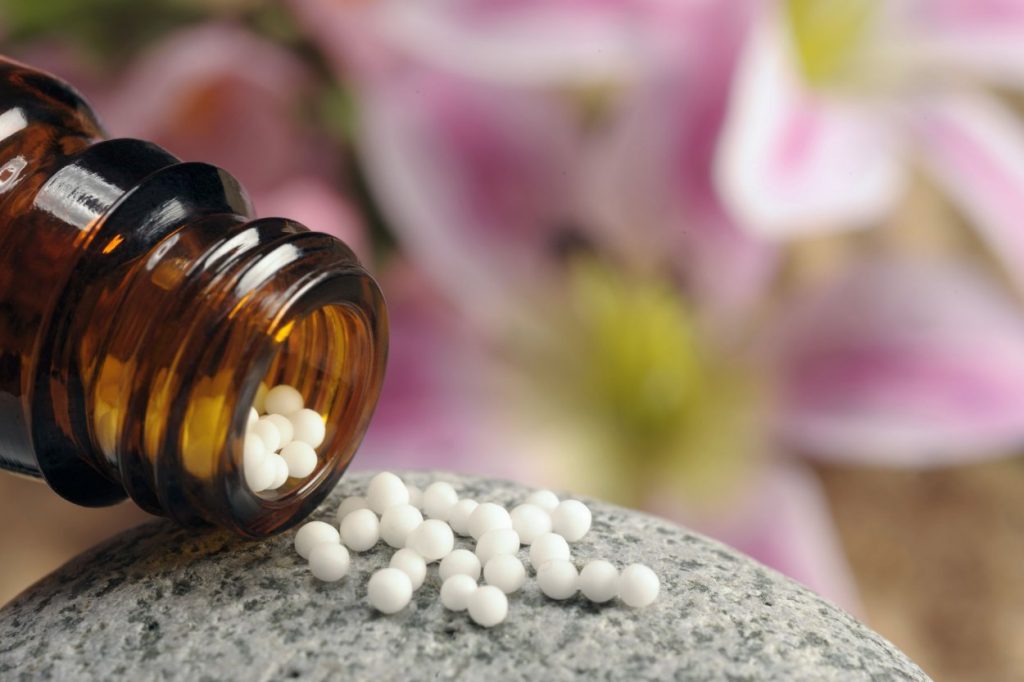What is homeopathy?
Homeopathy is an inclusive treatment promoted by Samuel Hahnemann in 1814 that is based on the administration of a substance that can cause similar symptoms to those it aims to cure.
What is the difference between Homeopathy and conventional medicinal practices we are all familiar with?
Conventional medicine treats the human body as a machine consisting of many different parts. The treatment of corporeal ailments is achieved through the method of suppression. It is difficult for conventional science to realize that our body conveys sickness while trying to process emotional issues which are more important according to the priorities set by the body in order to maintain a life in harmony with nature. For example, we know that emotional pain can be so strong that many people choose to put an end to their lives when under emotional duress, which is something that does not happen in the case of physical pain.
By understanding the nature of this unnatural chemical suppressive substance our bodies are subjected to, we should not wonder why nowadays there is such a plethora of incurable chronic diseases that surface even in childhood.
According to one of Homeopathy’s basic tenets and its founder Samuel Hahnemann “there are no diseases, only sick people”.
Every person is seen as a different world consisting of three levels: the physical, the emotional and the mental. The body sets out to protect the level that is of most service overall. When there is an inner disorder, our body sacrifices its less important parts in order to conserve necessary energy by beginning from its exterior (skin). Then, if the disorder persists, it moves towards the inner body by slowing down the damage inflicted on the emotional and mental level.
How can a Homeopath intervene in order to cure?
The Homeopath observes and diligently notes all the symptoms of a person and tries to outline the substance –maladies- that afflict the patient with the help of a detailed medical history. The characteristics of this substance may result from a hereditary predisposition or may have been affecting us since the womb due to a traumatic event suffered by the mother during pregnancy. The way these events influence us could persist all our life or can occur after certain emotional crises, bad nutritional habits, physical exhaustion, use of chemical substances, drug use or other factors.
The symptoms we observe are not a disease as people tend to label it but a defensive reaction (immune system). By receiving a SIMILAR substance (consisting of active ingredients since the part of the body that suffers does not consist of material substances) the curative power is REINFORCED.
Is homeopathy a preventive treatment?
The value of any curative approach lies in prevention and it would be wise to visit a homeopath when we feel stressed or generally observe that something has changed. It would be better to seek homeopathy when the problem is still in the beginning and our body is not yet poisoned by chemical medicines of suppressive treatments that may prevent eventual cure.
Under what circumstances would you suggest homeopathy?
The body can cure certain issues if it is provided the necessary energy. However, in the case of a final stage of a chronic disease, in which severe damage to body parts and generally irreversible organic or tissue damage has occurred, homeopathy cannot act restoratively. Nevertheless, most of the times, after the administration of medicine and the remission of symptoms that have lead us to a homeopath in the first place, many patients observe that other milder symptoms have also subsided.
Of course, homeopathy cannot cure a fracture or replace certain serious surgical operations, but its value lies in the shortening of the time required for convalescence.
What should someone know when undergoing homeopathy treatments?
The patient should know that in chronic cases a mild aggravation of symptoms may usually appear in the first days after the reception of the medicine. This fact should not worry you because it is due to the way homeopathy medicines function, which is the reinforcement of the self-curing vital power of our body combined with the extra power we offer it.
Homeopathic medicines are very sensitive because of their active ingredients. This is why they should be taken 30 minutes before breakfast on an empty stomach so food odours (antidotes) do not destroy their qualities. Medicines should not be exposed to sun, heat, humidity, cold, be kept in places with strong odours or be close to the radiation emitted by mobile or wireless phones.
The patient should also avoid certain substances that prevent, suspend or block the action of homeopathy medicines (antidotes) such as caffeine, mint, camphor, naphthalene, turpentine and should generally cut out intense flavours.
How is a homeopathic medicine produced?
The original substances used come from plants, minerals or animals. These substances do not undergo any chemical processing because the effectiveness of their active ingredients should be measured in quality rather than in quantity. They neither include their original substances nor do they have any side effects whereas their increased reactivity is doubtless. The constant dilution of the substance renders the medicine completely harmless. The simultaneous vibration during dilution helps the medicine act aggressively within the deeper and more invisible levels of the human body (emotional – mental).
Many people claim that homeopathy works due to the power of suggestion.
This is not true because Homeopathy has successfully cured infants that do not respond to placebos. It has also shown good results with animals as well as plants, as proved by experiments in that field.
What are the qualifications of those who practice homeopathy?
The European Council for Classical Homeopathy has set the qualifications required for practicing Homeopaths.
Globally, Homeopathy is an independent healing field practiced by certified doctors or non-doctors who meet specific standards of completed studies. Those who serve Homeopathy are those who are well-versed in it and who actively practice it.
Article kindly contributed by Christos Kontis, Classic Homeopathy
Alternative Therapeutical Applications Centre e-mail:olistic@otenet.gr


